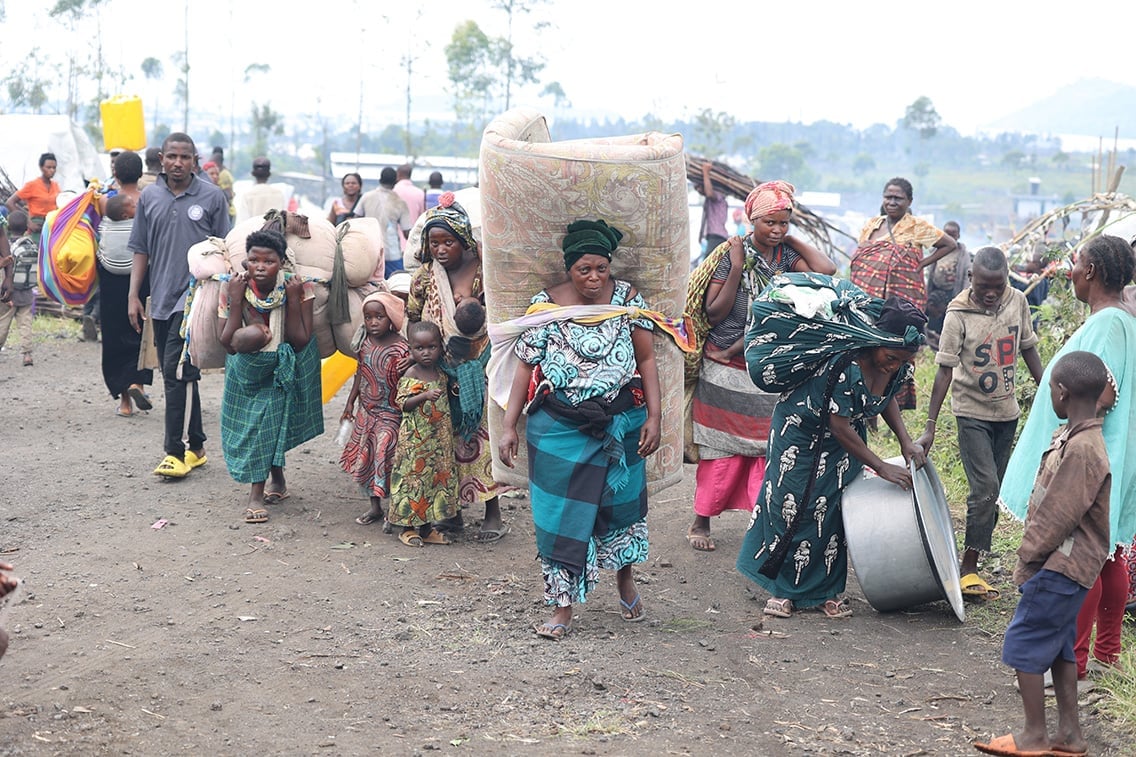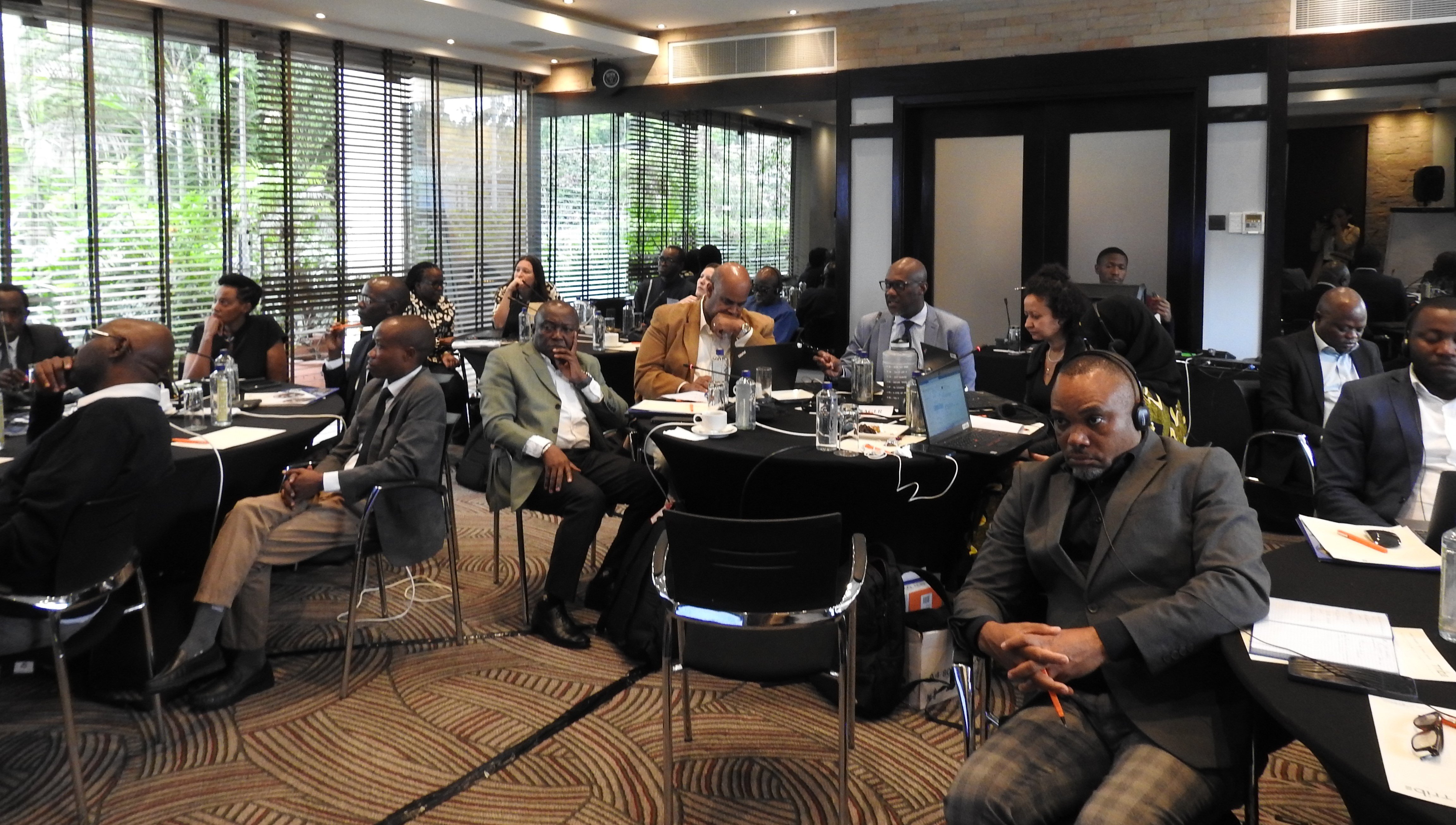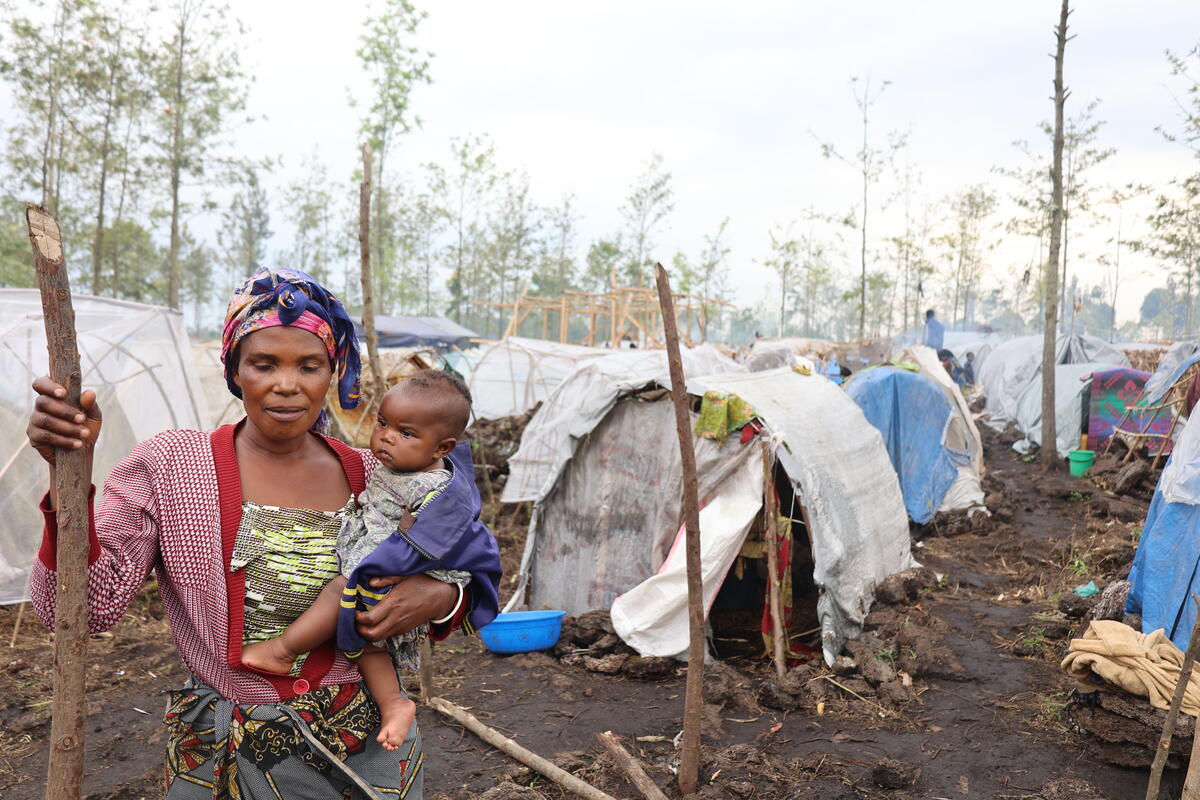UNHCR launches two response plans for refugees in the DR Congo and in the region
UNHCR launches two response plans for refugees in the DR Congo and in the region

UNHCR, the UN Refugee Agency, and 60 partners today released two Refugee Response Plans for 2019 - 2020 for the Democratic Republic of the Congo (DRC) and the region. In order to support refugees and host communities affected by displacement, UNHCR and partners are appealing for USD 918 million for 2019.
The first plan is targeting Congolese citizens who fled the DRC to other African countries. The second plan is designed to support refugees in DRC who fled other countries in the region.
The Country Response Plan 2019 - 2020 for refugees in DRC is a coordination tool established between several humanitarian and development actors with the objective to respond to the needs of four populations of refugees (Burundians, Central Africans, Rwandans and South Sudanese) in several regions of the vast country.
“More than half a million refugees from neighboring countries had to flee their home to seek refuge in the DRC, and the figure continues to rise,” said Ann Encontre, UNHCR’s Regional Representative and Regional Refugee Coordinator for the Congolese Situation.
USD 175 million is required to achieve the plan’s objectives, in collaboration with eleven partners in DRC.
The Regional Response Plan 2019 - 2020 for Congolese refugees seeks USD 743 million to respond to the most urgent needs such as protection, water and sanitation, food security, health and education for Congolese refugees living in the main asylum countries in Africa.
Given the limited capacity of host communities in view of the high numbers of refugees, the two response strategies will also address the needs of local populations, strengthening peaceful co-existence and building social cohesion.
“By supporting livelihoods opportunities and through a resilience-based approach, refugees will be able to contribute to the development of their host countries, and of their country of origin upon their return,” concluded Ms.Encontre.
The DRC is currently hosting 531,819 refugees, most of whom fled violence in neighboring countries while 781,917 Congolese refugees are living in the main asylum countries in Africa.
For more information on this topic, please contact:
- In Kinshasa, Andreas Kirchhof, [email protected], +243 817 009 484









